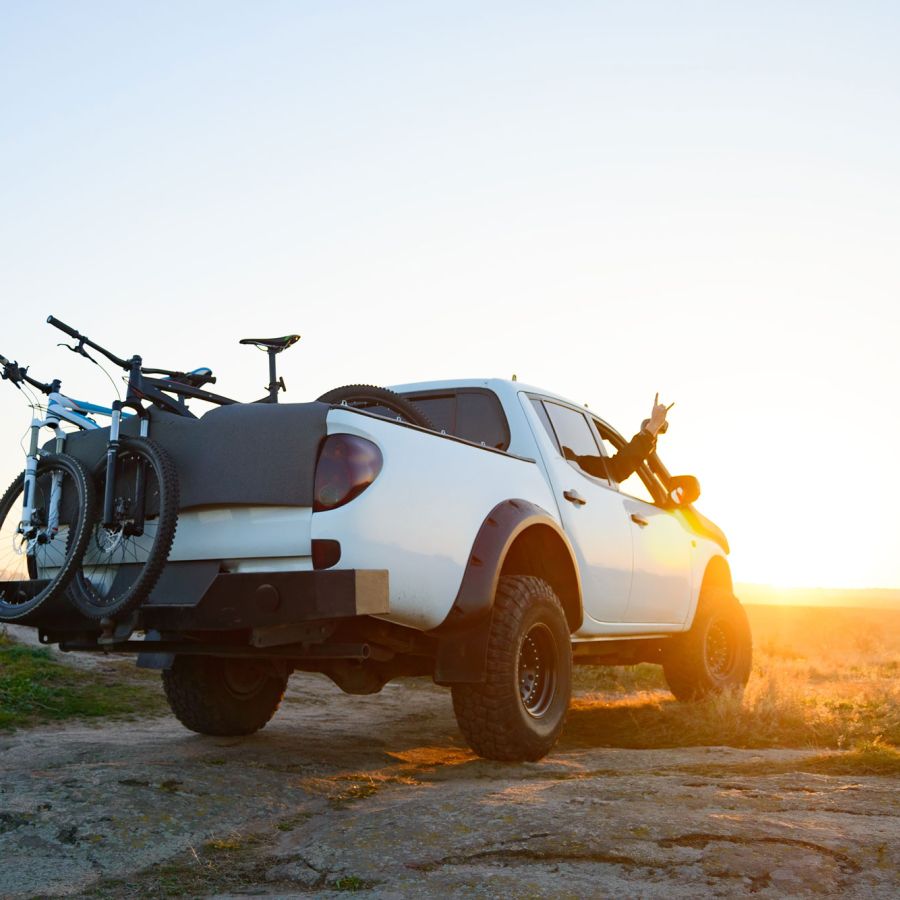

Homeowner’s Insurance
Dwelling
The amount of money for which your house would appraise.
Personal Property
All tangible property that is not attached to the house. If you could turn your house upside down and shake it, the items that would fall out would be your “Personal Property”.
Personal Liability or Family Liability Protection
This would be the maximum amount that you will be covered if someone gets hurt and it’s your or your family’s fault. Think lawsuits and not losing and of your possessions because your coverage was not enough!
Medical Payments or Med Pay
This is the amount that your insurance will pay for your visitors to receive medical expenses if they are injured on your property or if you or your family unintentionally causes them to get injured. I.E. physician bills, hospital stays, physical therapy, dental services, ambulance services…
Loss of Use or Additional Living Expense
The part of homeowners insurance that provides reimbursement for motel rooms, meals and other expenses when the loss of property is covered by a peril force for which your insurance covers.
Peril
A peril is an event, like a fire or break-in, that may damage your home or belongings. The perils covered by your homeowner’s insurance are listed in your policy. It is the list of mishaps from which you’re protected.
Increased Replacement
This percentage is the percentage of “extra” money you will get for replacing things over and above your insured amount.
All Peril Deductible
The amount YOU will pay before the insurance kicks in.
Wind / Hail Deductible
The amount YOU will pay before the insurance kicks in, in case of damage done by wind or hail.
Water / Sewer Backup
Water backup insurance provides coverage for damage to your property caused by a clogged sewer line, failed sump pump and backed up drains.
Endorsements
An attachment to an insurance policy that amends and alters the coverage provided in the policy. Also called a Rider.

Auto Insurance
Bodily Injury Liability
This is the max amount that your insurance will pay for the other person’s Bodily Injuries. The first number is the amount per person that it will pay and the second number is the maximum the insurance will pay per occurrence.
Property Damage
This is the amount of money that will be paid for the other person’s Property Damage if the damage is your fault.
Medical Payments or Personal Injury Protection (PIP)
This is the amount, regardless of who’s at fault, that you will receive if you are in an accident for Health Care Expenses and /or funeral expenses. The only difference is that Personal Injury Protection might also pay for lost income, childcare, and other expenses related to the accident. Both may extend to resident passengers or possibly all of your passengers, regardless of living in your home.
Under or Uninsured Motorist
The amount of money that your Insurance Company will pay for each of the people in YOUR car and/or your property damage, IF the accident is the Other Person’s Fault and they DO NOT have any or enough insurance coverage.
Collision
Pays to fix YOUR vehicle if you cause a crash or have a one-car accident, such as hitting a tree. Some carriers or finance companies will require this for an auto policy/loan.
Collision Deductible
This is the amount that you will pay for damage to YOUR car before the insurance kicks in.
Comprehensive
Comprehensive pays to repair YOUR car after animal collisions or other causes such as car theft, falling objects and fire, among others. Once again, some carriers or finance companies will require this for an auto policy/loan.
Roadside Assistance
Different carriers may have slightly different services they will offer and/or cover. Following are some of the services they may offer:
- Towing to the nearest repair facility where repairs can be made
- Battery jump starts
- Tire changes (if you have a functioning spare)
- Lockout services (up to specific amount) if you lock your keys in your vehicle
- Fuel delivery to help get you to a gas station
Loss of Use/Rental Expenses
This will pay for a rental car if you have a “covered claim” and need to rent a car. The first number is the amount it will pay per day and the second number is the total amount they will pay per claim.
Glass Coverage
Glass damage to your car usually falls under your comprehensive coverage, however, Extra Glass Coverage is usually subject to a lesser deductible and usually does not cost much to add.
Get The Best Quote!
Call us for your in-depth, accurate quote, or fill out the accu-quote form!